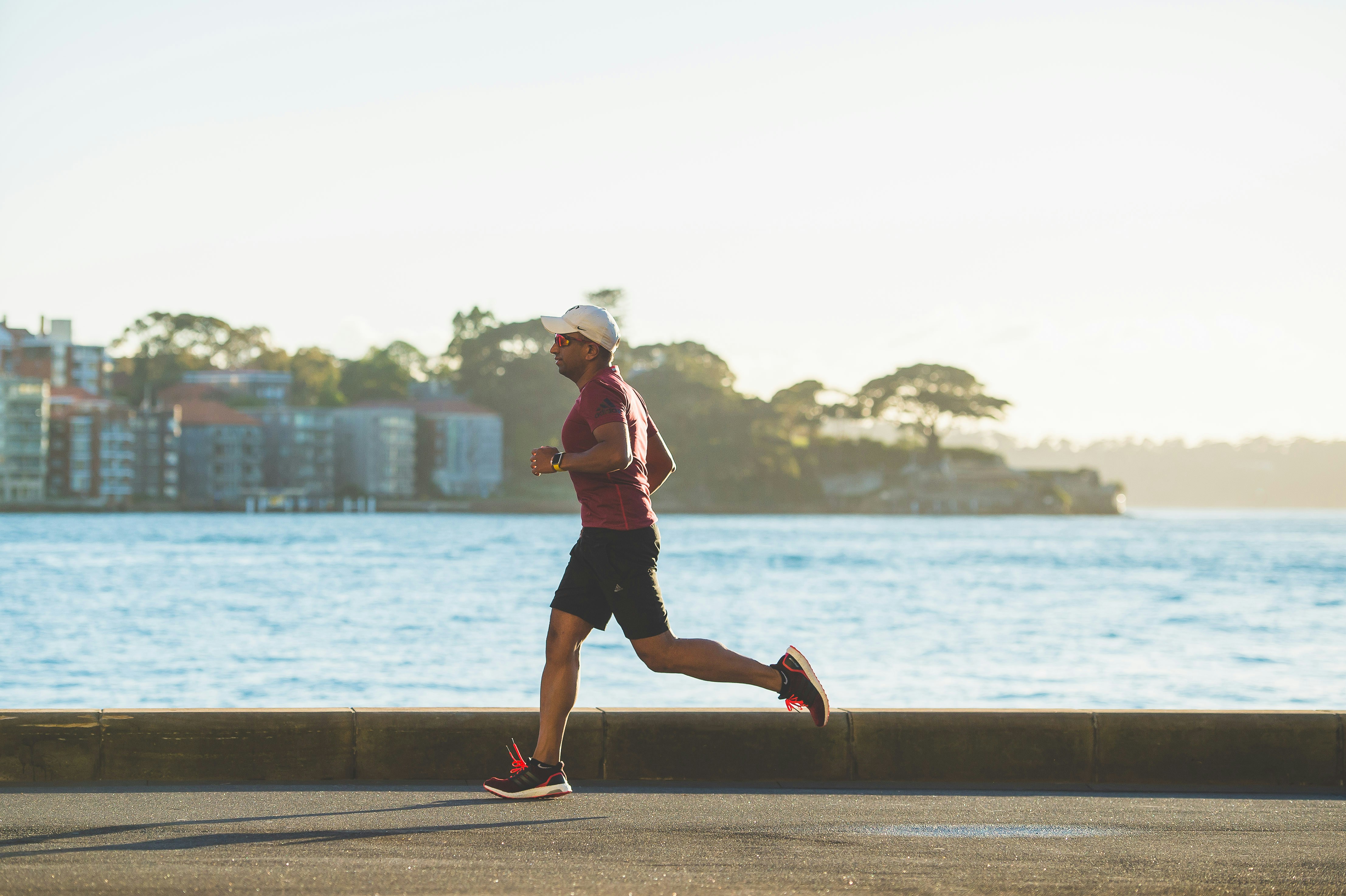Coffee & Blood Sugar: Does Your Morning Brew Cause a Spike?
4
min read
Feb 27, 2025
Love your morning coffee? ☕ Find out how caffeine, add-ins, and timing affect blood sugar—and how to track your trends with GlucoSense for better glucose control. ☕️
How Your Morning Coffee Affects Blood Sugar ☕📉
For many people, coffee is a non-negotiable part of the morning routine—but have you ever noticed a higher-than-expected blood sugar reading after your first cup? Some people see a spike, others don’t, and for some, it depends on what’s in their cup and when they drink it.
Coffee by itself doesn’t contain carbs, so why does it sometimes mess with glucose levels? The secret isn’t in the coffee—it’s in the caffeine.
Let’s break it down.
Why Does Coffee Affect Blood Sugar?
It’s not the coffee itself that impacts blood sugar—it’s the caffeine. When you drink coffee, caffeine triggers the release of stress hormones like cortisol and adrenaline. These hormones tell your liver to release stored glucose into the bloodstream to give you a burst of energy. For some people, this temporary glucose release leads to a noticeable blood sugar spike, especially in the morning when cortisol levels are already high.
But not everyone reacts the same way. Some people don’t experience a rise in blood sugar at all, while others see a 5-10 mg/dL bump or more after drinking coffee. If you’re insulin resistant or sensitive to caffeine, you may see a stronger glucose response than someone whose body processes caffeine more efficiently.
For most people, these coffee-induced glucose changes are short-lived, and blood sugar stabilizes within a few hours. But if you’ve noticed higher fasting glucose levels or post-coffee spikes, caffeine might be a factor.
Does Black Coffee Spike Blood Sugar?
If coffee itself has no carbs, does black coffee really affect blood sugar? The short answer: it depends on your body.
For some people, black coffee has little to no impact on glucose levels—it’s simply a caffeine boost without the carbs. But for others, caffeine can cause a temporary rise in blood sugar due to the way it increases insulin resistance in the short term.
Why does this happen?
Caffeine triggers the release of cortisol and adrenaline, which signal the liver to release stored glucose for quick energy.
In people who are more sensitive to caffeine, this can lead to higher glucose levels shortly after drinking coffee.
The body may also become briefly less responsive to insulin, meaning blood sugar stays elevated for longerthan usual.
If you drink black coffee and notice a small post-coffee spike, it’s likely due to this hormonal response rather than the coffee itself. Tracking your glucose before and after drinking black coffee can help determine if caffeine affects you in this way.
What About Cream, Sugar & Other Add-Ins?
If black coffee alone can impact blood sugar for some people, what happens when you start adding things like cream, sugar, or flavored syrups? The answer? It depends on what you’re adding. Sugar, Syrups & Sweeteners: The Blood Sugar Spikers
Adding sugar, honey, or flavored syrups to your coffee can cause a noticeable glucose spike, especially if you’re using large amounts. Even a single pump of syrup or a spoonful of sugar adds fast-digesting carbs that enter the bloodstream quickly.
Common coffee add-ins that may spike blood sugar:
Table sugar, honey, or agave – These are pure carbs that raise glucose immediately.
Flavored syrups (vanilla, caramel, mocha, etc.) – Typically packed with sugar.
Sweetened creamers (dairy or plant-based) – Many contain added sugars that add up fast.
If you like sweeter coffee, switching to a sugar-free sweetener like stevia, monk fruit, or erythritol can help keep glucose levels more stable. However, some people notice that even artificial sweeteners can trigger an insulin response—so tracking how your body reacts is key.
Milk, Cream & Dairy Alternatives: The Sneaky Carbs
While unsweetened dairy and plant-based milk options are lower in carbs, they still contain natural sugars that can subtly impact blood sugar.
Whole milk & skim milk – Contains lactose, a natural sugar that may slightly raise glucose levels.
Oat milk – One of the highest-carb plant-based options, often containing 10g+ of carbs per serving.
Almond, coconut, or cashew milk – Generally low in carbs if unsweetened.
Heavy cream & half-and-half – Low in carbs, making them a better option for those looking to avoid blood sugar spikes.
If you’re unsure how your coffee add-ins impact your glucose, try tracking your numbers before and after your morning cup to see what works best for you.
Does Coffee on an Empty Stomach Make It Worse?
Drinking coffee first thing in the morning—before eating anything—can amplify its effect on blood sugar. This is because your body is already in a naturally insulin-resistant state when you wake up.
Why Morning Coffee Hits Differently
Cortisol is already high in the morning (this is part of the Dawn Phenomenon), and adding caffeine to the mix can increase glucose production even more.
Without food to slow absorption, caffeine enters your system faster, leading to a stronger hormonal response.
Some people find that drinking coffee before eating makes them feel jittery, anxious, or causes a bigger glucose spike.
Does Eating First Help?
For many people, having coffee with or after breakfast—instead of on an empty stomach—reduces its impact on blood sugar. Eating something with protein and fiber can help stabilize glucose levels and prevent any caffeine-induced spikes.
If you notice higher morning glucose levels after coffee, try: ✔ Drinking it after breakfast instead of before. ✔ Adding a small protein snack before your first cup. ✔ Switching to decaf or lower-caffeine options if you’re sensitive. If caffeine is affecting your glucose more than you’d like, experimenting with timing can help you find what works best for your body.
Final Takeaway: Enjoy Your Coffee, Know Your Numbers
Coffee can be a great part of your morning routine, but for some, it affects blood sugar in unexpected ways. If you’ve noticed higher glucose levels after your first cup, caffeine, add-ins, or timing could be playing a role.
Want to see how your coffee habits impact your glucose? Track your morning patterns with GlucoSense and start making data-driven decisions about your daily brew.








